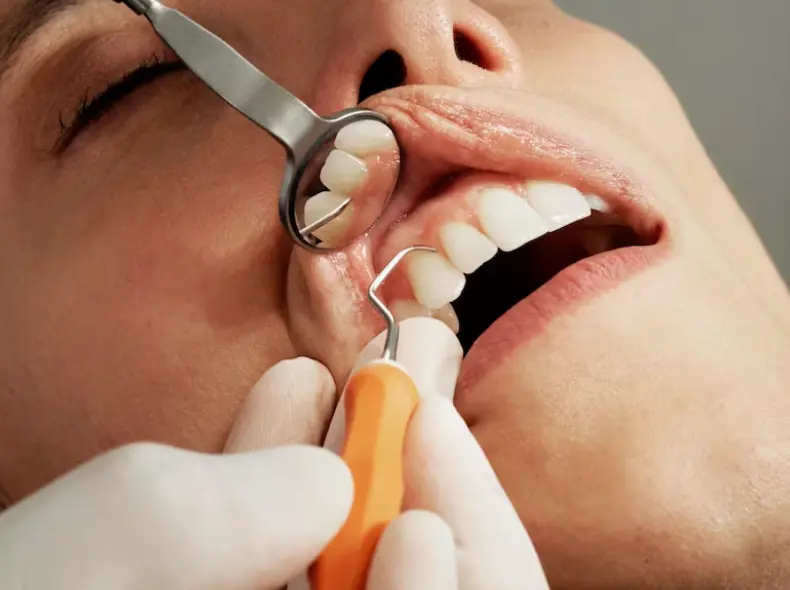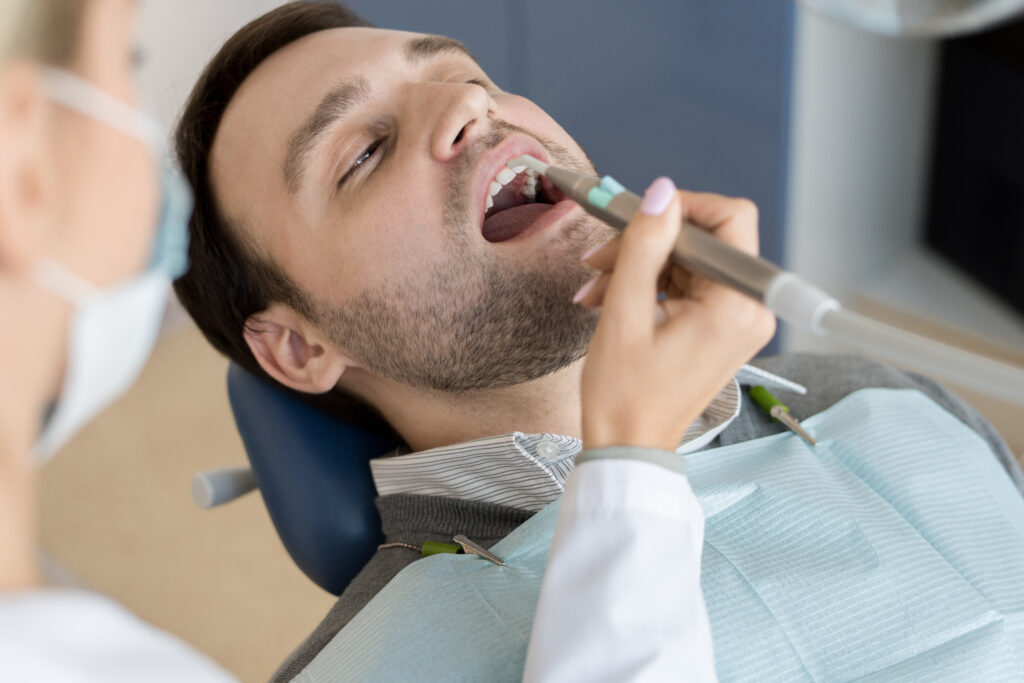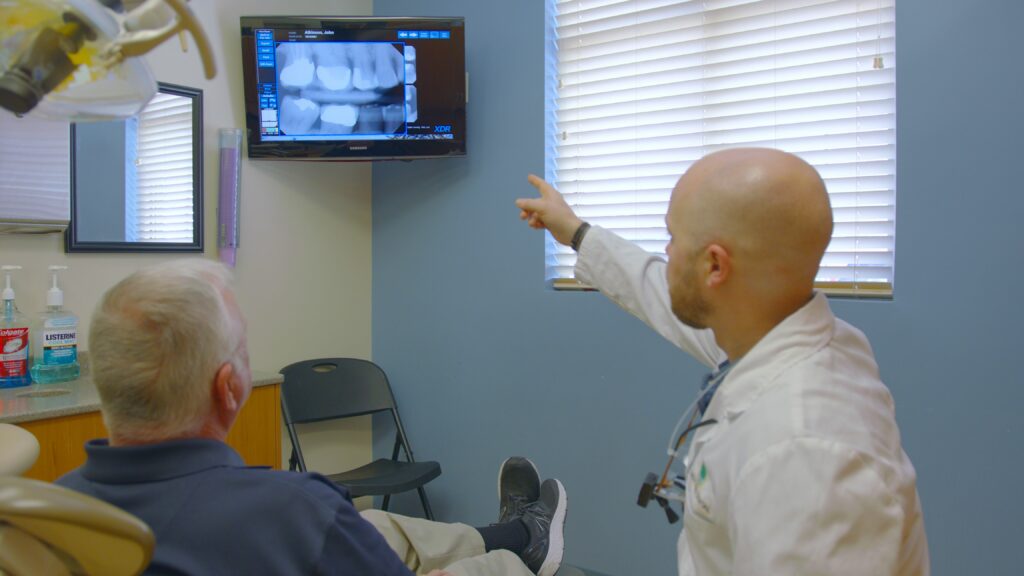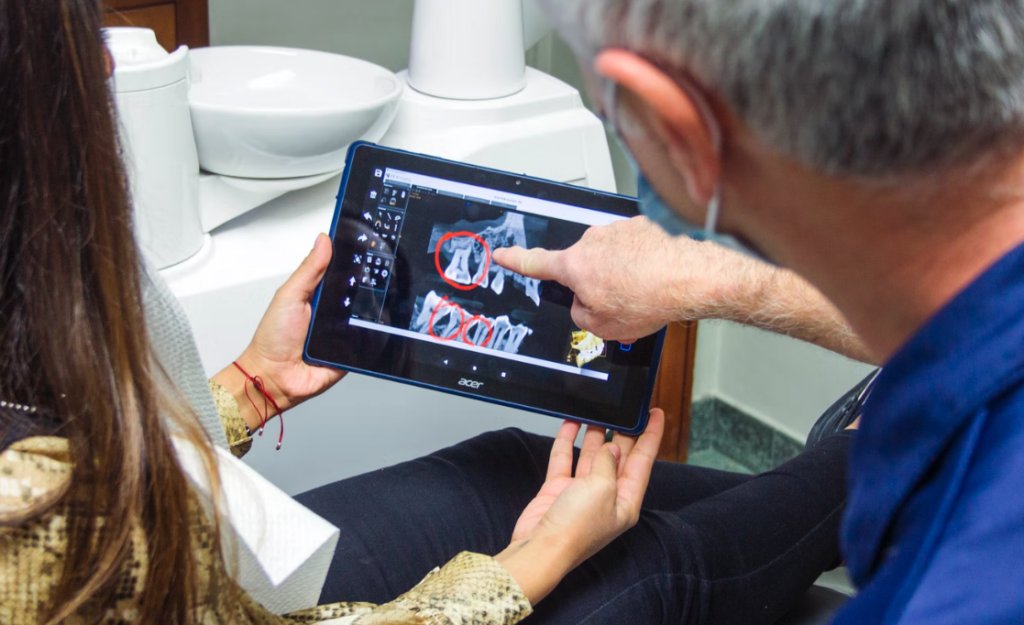Wisdom teeth, scientifically known as third molars, are a fascinating aspect of dental development. This article aims to delve deeper into various facets of wisdom teeth, including the age at which they emerge, gender-related patterns, signs of eruption, the earliest occurrences, and the factors triggering their growth. Understanding these aspects is crucial for maintaining optimal oral health and making informed decisions about dental care.
The emergence of wisdom teeth is often prevalent in late adolescence and early adulthood. Typically, individuals experience the eruption of these molars between the ages of 17 and 25. However, the timeline can vary significantly among individuals. Genetic predispositions, oral health practices, and jaw structures all contribute to the diverse range of ages at which wisdom teeth make their appearance.
While the majority of people witness the onset of wisdom teeth during their late teens or early twenties, there are instances of earlier or later occurrences. Factors such as genetics, dietary habits, and overall health can influence the specific age at which wisdom teeth emerge. Regular dental check-ups play a crucial role in monitoring the development of these molars and addressing any potential issues in a timely manner.

What Age Do Females Get Wisdom Teeth?
The emergence of wisdom teeth does not display a significant gender bias. Both males and females generally witness the appearance of these third molars during the same age range – late adolescence to early adulthood. While the average timing may be similar, individual variations exist due to factors such as genetics and overall oral health practices. Dentists emphasize the importance of gender-neutral vigilance regarding wisdom teeth development and recommend regular check-ups for both men and women.
How Do You Tell If Your Wisdom Teeth Are Coming In?
Recognizing the signs of wisdom teeth eruption is crucial for proactive dental care. Symptoms may include mild to moderate discomfort or pain in the back of the mouth, swelling and tenderness of the gums, occasional headaches, difficulty opening the mouth fully, and an unpleasant taste or odor due to partially erupted wisdom teeth. These indicators may vary among individuals, and not everyone experiences the same set of symptoms.
Regular dental check-ups, complemented by X-rays, offer a comprehensive approach to monitoring the development of wisdom teeth. Dentists can identify potential issues early on, allowing for timely intervention and personalized guidance based on an individual’s unique oral health situation.
What’s The Earliest Wisdom Teeth Come In?
While the standard age range for wisdom teeth eruption is between 17 and 25, some individuals may experience the emergence of these molars as early as their mid-teens. Early detection and intervention are crucial in such cases to address potential complications. Dentists can assess the specific timeline for wisdom teeth development based on individual factors and provide guidance on whether removal is necessary.

What Triggers Wisdom Teeth To Grow?
The growth of wisdom teeth is primarily influenced by genetic factors. The size of the jaw and the available space for additional molars are critical determinants. In evolutionary terms, our ancestors had larger jaws that accommodated these extra teeth, which were functional for their dietary needs. In the modern era, changes in diet and lifestyle have contributed to reduced jaw sizes, leading to a higher likelihood of complications during wisdom teeth eruption.
Insufficient space for proper emergence can result in issues such as poor alignment, impaction, and crowding. Dentists emphasize the importance of understanding these factors to address potential challenges associated with wisdom teeth growth. Regular monitoring and timely intervention can help manage these challenges effectively.
Conclusion
In conclusion, the journey of wisdom teeth is a multifaceted aspect of dental development. Understanding the age range, gender-related patterns, signs of eruption, earliest occurrences, and triggering factors provides a holistic perspective. Proactive dental care, including regular check-ups and timely intervention, is crucial for addressing potential challenges associated with wisdom teeth. By staying informed and partnering with your dentist, you can navigate the complexities of wisdom teeth development and ensure the longevity of your oral health.







